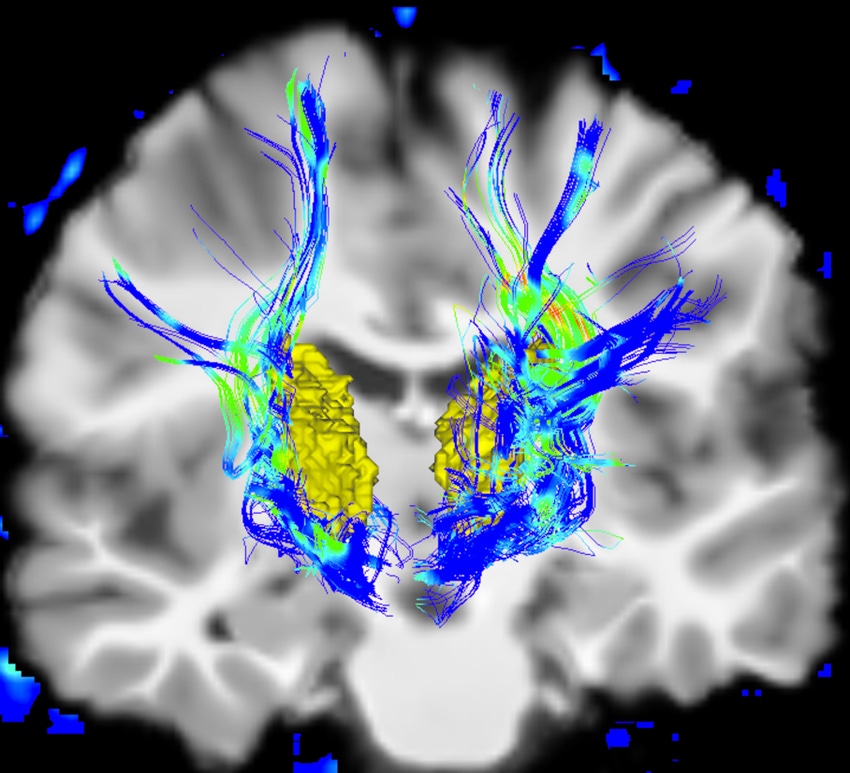Precise-Dx Employs AI to Detect Early-Stage Parkinson’s Disease
A de novo study found Precise-Dx’s technology can accurately diagnose Parkinson’s disease in living patients prior to the severe onset of symptoms.
April 22, 2022

Diagnosing Parkinson’s disease is challenging at all stages, due to variable symptoms, comorbidities, and mimicking conditions and a definitive diagnosis has only thought to be possible postmortem. However, a groundbreaking study found that PreciseDx’s AI-enabled technology can facilitate an earlier conclusive diagnosis of Parkinson’s and provide critical information for earlier treatment.
The PreciseDx study applied the company’s AI algorithms Morphology Feature Array (MFA) for the IHC detection of α-synuclein within peripheral nerves of salivary glands [i.e., peripheral Lewy-type synucleinopathy (LTS)], along with quantitative feature extraction using morphology features to accurately distinguish LTS in early-stage Parkinson's disease biopsy specimens based upon expert pathologist annotation of the training samples. Following training, the algorithmic test was validated using a separate set of confirmed biopsy specimens.
The company’s AI MFA can detect Parkinson's pathology in image patches from biopsy samples with 99% sensitivity and 99% specificity, as compared with expert annotated ground truth. The AI edged out the human pathologist with an accuracy of 0.69 vs. 0.64 in the prediction of clinical Parkinson's disease status.
“These findings show the potential for technology to aid in diagnosis of Parkinson’s disease,” said Jamie Eberling, PhD, Senior Vice President of Research Resources at The Michael J. Fox Foundation for Parkinson’s Research (MJFF), in a prepared statement. “Objective diagnostic tools, especially early in disease, are critical to drive care decisions and to design trials toward better treatments and cures.”
“Traditionally, pathology grading systems look at a few morphology components to make a diagnosis. Unlike any human-powered grading method, PreciseDx's AI MFs can examine thousands of different features and leverage those relationships between them," said John F. Crary, MD-PhD, a Professor in the Departments of Pathology, Neuroscience, and Artificial Intelligence & Human Health at the Icahn School of Medicine at Mount Sinai, in prepared remarks. "This industry-changing study has shown that we need to revitalize the way we think about pathology and lean into using AI to detect diseases more accurately, such as PD. This enlightens the industry to a direct case study into how computational pathology can truly advance medicine in terms of accurately identifying and detecting diseases."
The Michael J. Fox Foundation funded the AI analysis and sponsored the study that provided the data (the Systemic Synuclein Sampling Study).
About the Author(s)
You May Also Like




